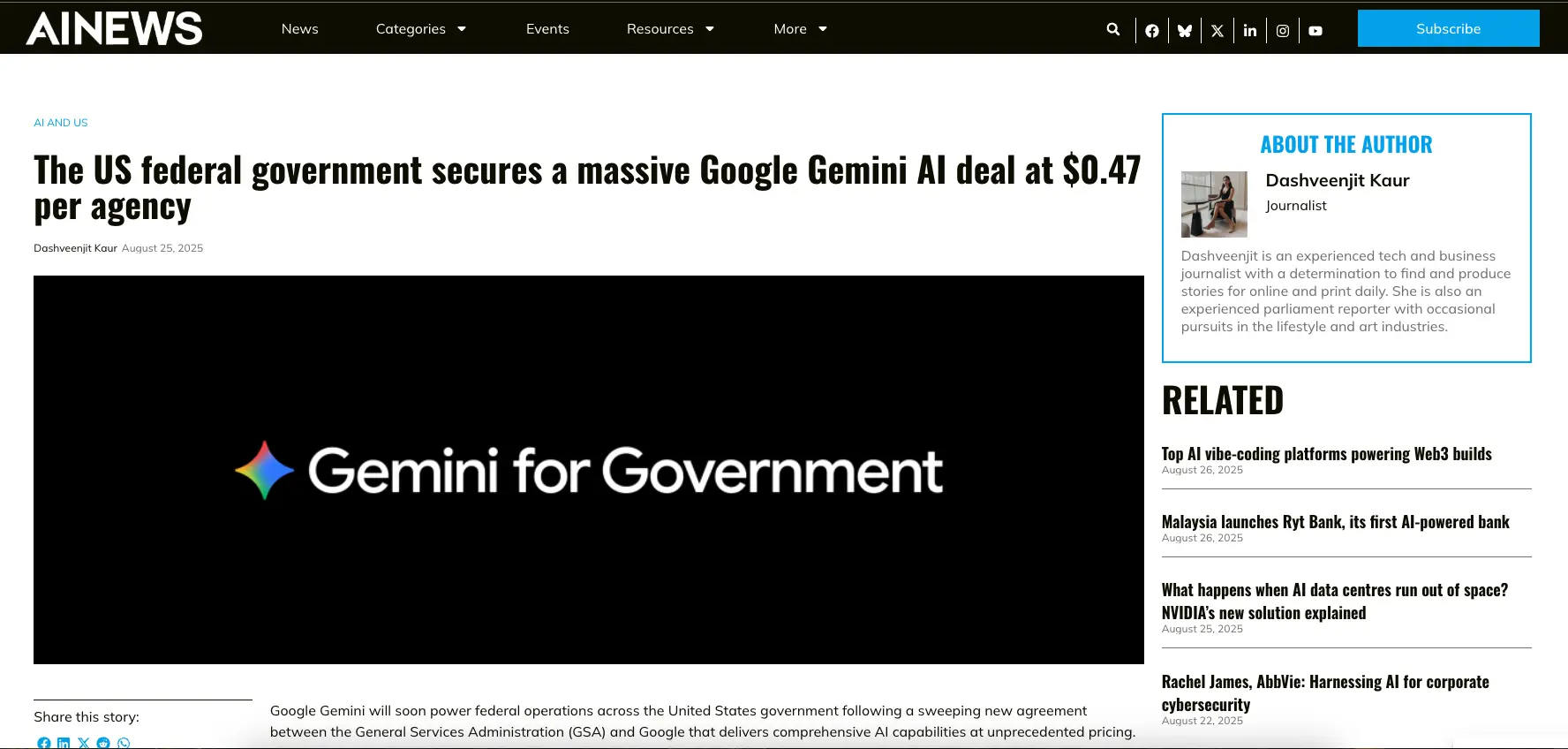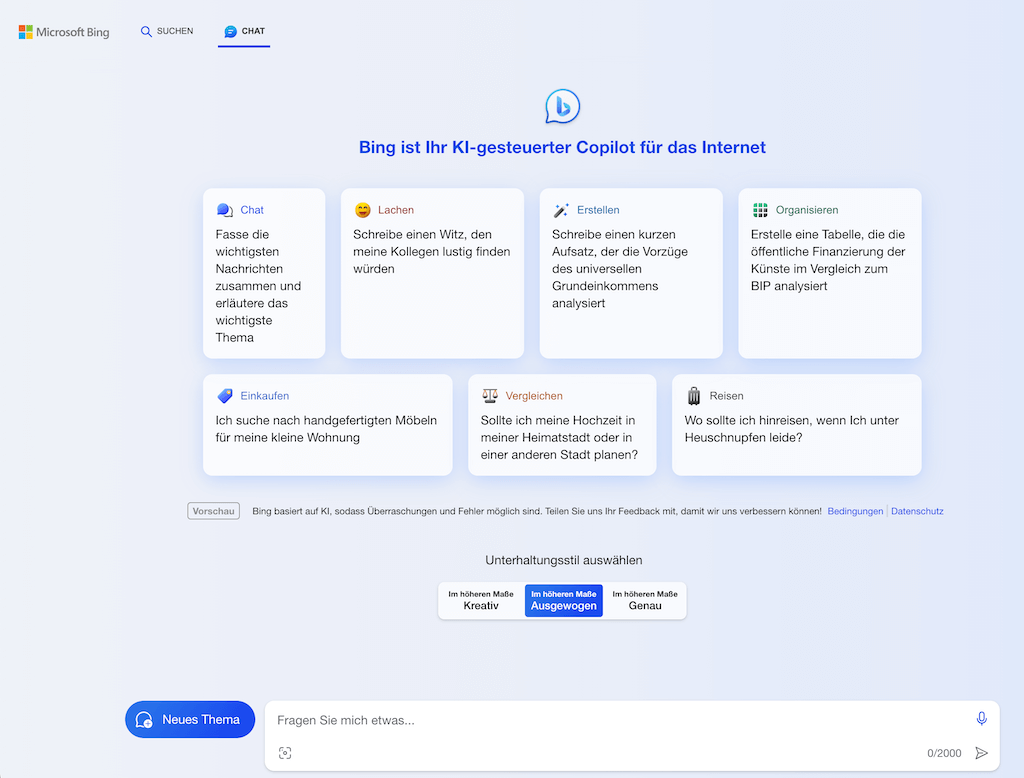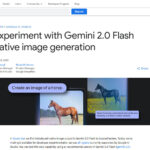Google has secured an unprecedented government contract with its Gemini AI system for just $0.47 per agency, securing one of the largest AI procurement deals in history.
The agreement with the General Services Administration (GSA) will provide federal agencies with comprehensive AI capabilities through 2026 and could have a lasting impact on the way governments procure technology worldwide.
The Gemini for Government offering includes a full AI suite with enterprise search capabilities, video and image generation through Veo technology, and the popular NotebookLM tool for research and analysis. Federal agencies also gain access to predefined AI agents for intensive research and the ability to develop customized AI agents for specific government needs.
The security architecture meets the highest government standards and includes SOC2 Type 2 certification and FedRAMP High authorization for processing sensitive but unclassified information. These technical requirements enable federal agencies to utilize state-of-the-art AI capabilities while meeting stringent compliance requirements.
Strategic context of the OneGov initiative
The Gemini deal fits into GSA’s OneGov strategy, which aims to centralize and standardize federal software procurement. This initiative prioritizes direct relationships with Original Equipment Manufacturers and aims to reduce costs and strengthen transparency and cybersecurity through coordinated procurement power.
America’s July 2025AI Action Plan provides the overarching policy framework for this procurement decision. The 28-page blueprint outlines over 90 federal actions to position the U.S. as a global AI leader. The plan is based on three pillars: Accelerating AI Innovation, Building American AI Infrastructure, and Leadership in International AI Diplomacy.
Read also: Gemini 3.1 Pro: The new reasoning monster for developers
Competitive landscape intensifies drastically
The Google deal is in direct competition with similar agreements from OpenAI and Anthropic, which each offer their AI systems for $1 per agency. OpenAI provided ChatGPT Enterprise with unlimited access to advanced models, while Anthropic made Claude for Government available to all three branches of government.
These aggressive pricing strategies indicate that leading AI companies are viewing government contracts as strategic investments rather than traditional revenue streams. Companies are clearly prioritizing market access and long-term positioning over immediate profitability. Box also secured a OneGov contract for discounted AI products via a consolidated SaaS platform.
Implementation risks and challenges
The extremely low pricing of $0.47 per agency raises serious questions about sustainability and vendor lock-in. Industry experts warn of vendor lock-in risks as agencies will develop complex workflows and data processing pipelines specifically tailored to Google’s AI architecture.
Implementing AI capabilities in the complex federal environment with varying technical capabilities and compliance requirements poses significant practical challenges. Training and change management requirements could prove more costly than the low license fees suggest.
Long-term market impact
Current contracts run until 2026, but there are no guarantees that such favorable pricing will continue. Agencies that develop significant operational dependencies on these AI capabilities could face significant cost increases upon contract renewals, especially if competition decreases.
The deal could set a precedent for international governments and influence the global perception of American AI leadership. Successful implementations could strengthen the U.S. position in international AI competition, while setbacks could open up opportunities for competitor countries.
Summary
- Google secures historic $0.47 deal with US government for comprehensive Gemini AI capabilities through 2026
- Aggressive competition from OpenAI and Anthropic with similar $1 offerings intensifies competition in the government market
- OneGov strategy centralizes federal procurement and fits into America’s AI action plan for global technology leadership
- Vendor lock-in risks and implementation challenges could create long-term costs beyond favorable license pricing
- Market distortion effects from below-cost pricing could drive out traditional government technology providers
- Sustainability issues regarding pricing after 2026 create uncertainty for government budget planning
- Precedent-setting nature of the deal could affect international government AI procurement and global competitive dynamics
Source: Artificialintelligence News







